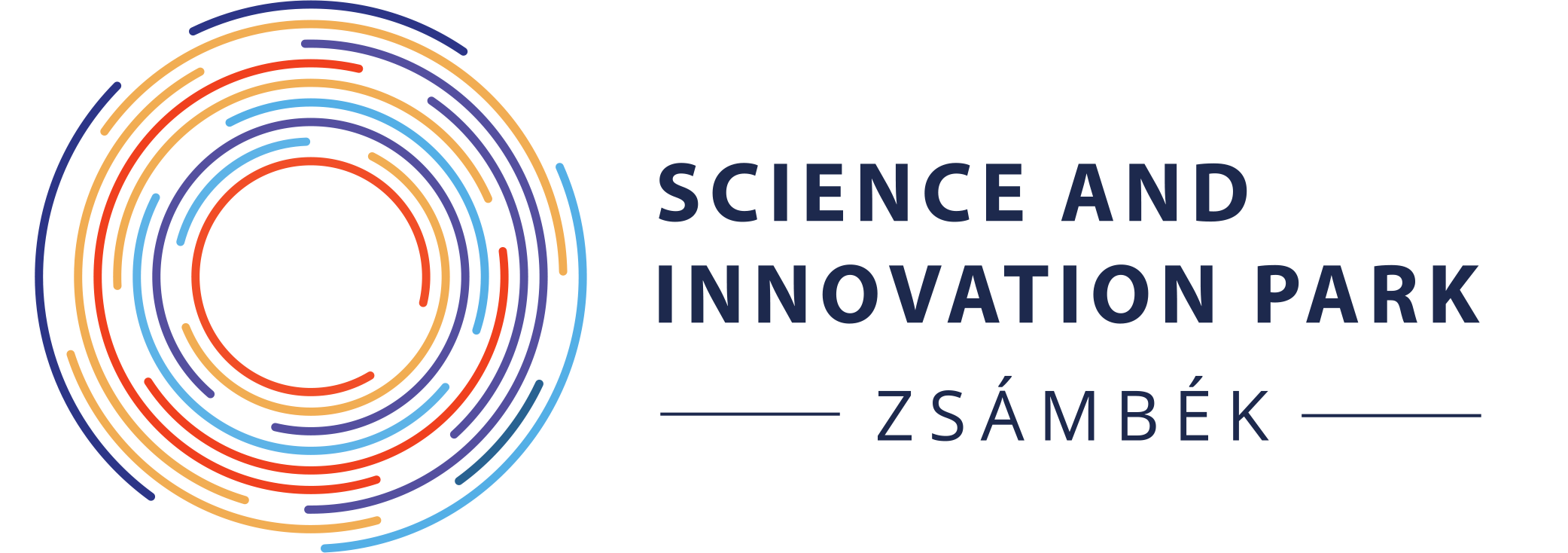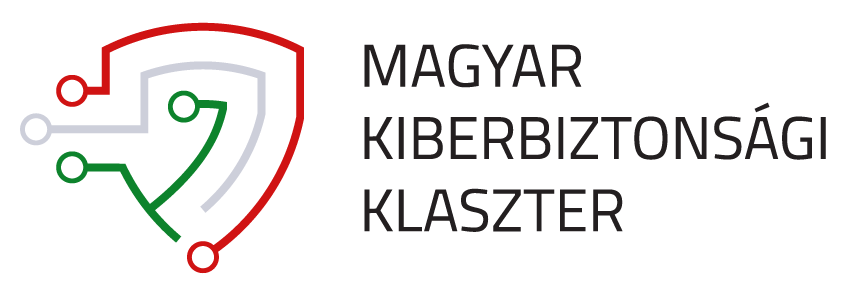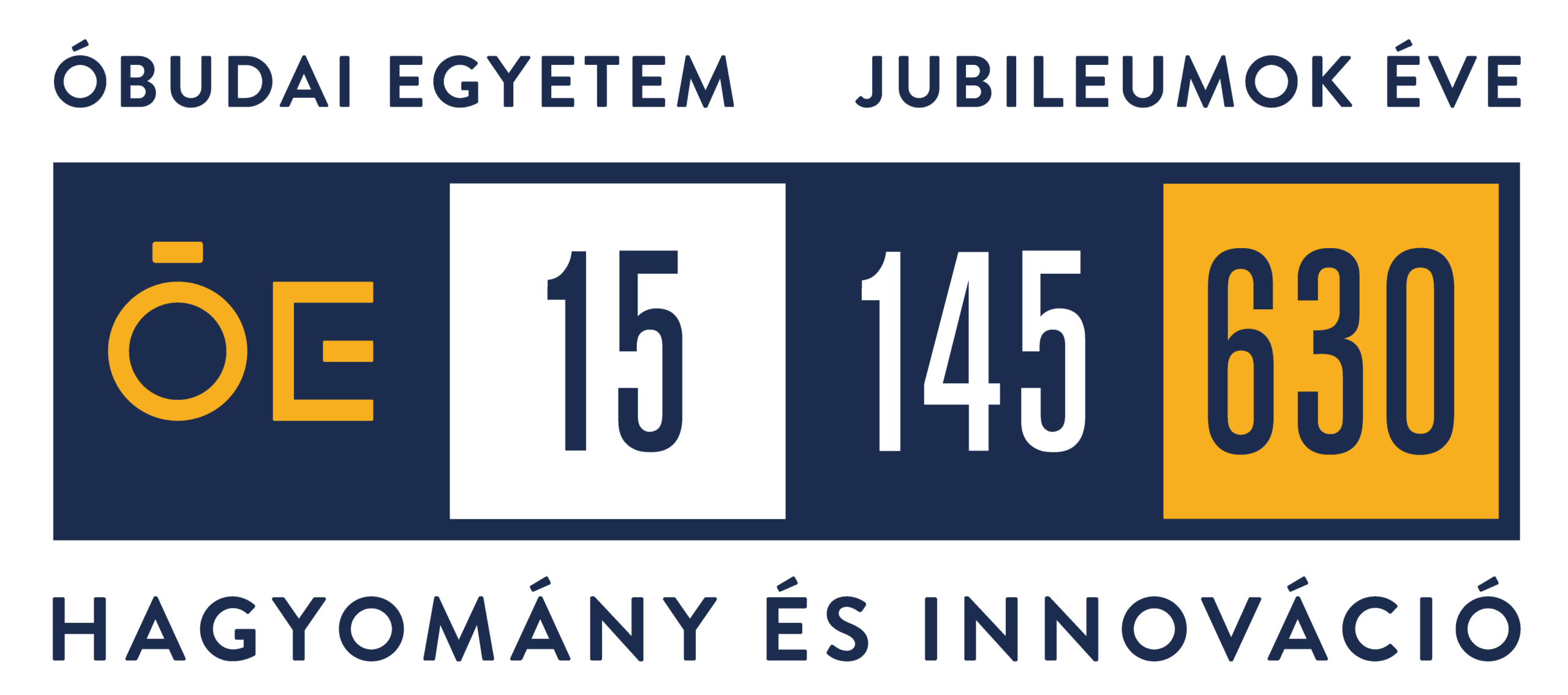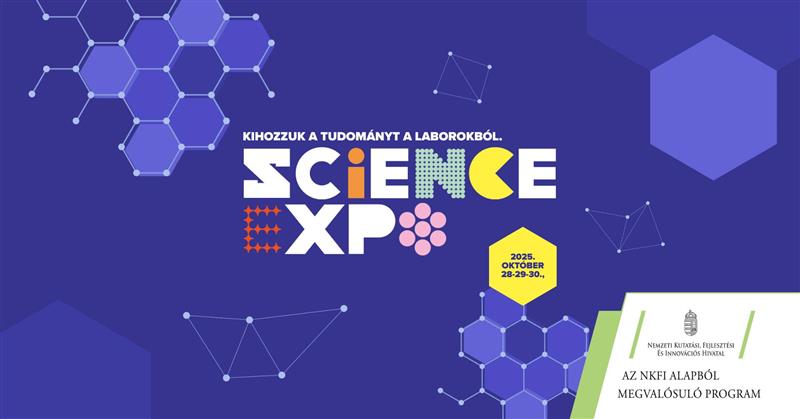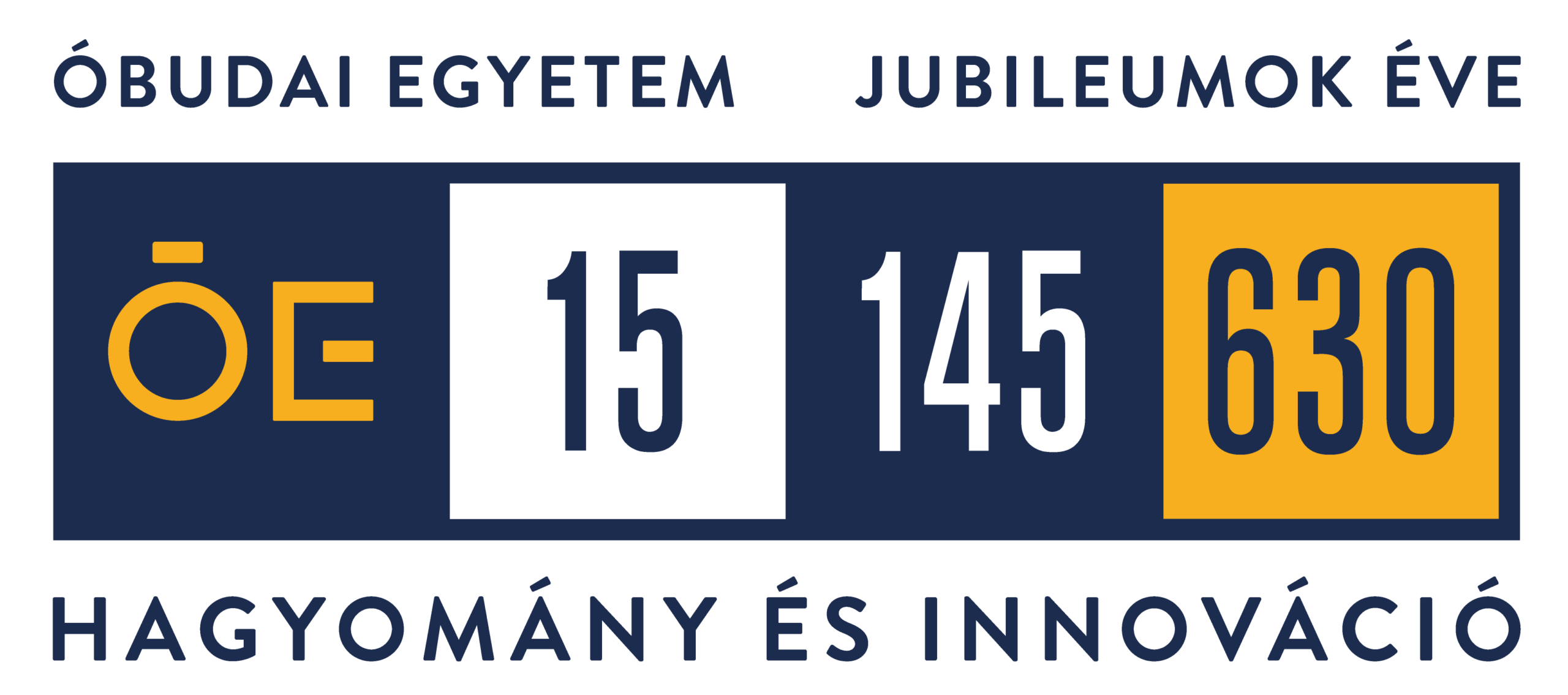The European Division of the International Association of Science Parks and Innovation Sites (IASP) organized its workshop this year at the University of Physical Education in Budapest. At the prestigious international event, Rector Prof. Dr. Levente Kovács presented the innovation ecosystem of Óbuda University, emphasizing that it is a great honor and recognition for the institution to be the first from Hungary to join IASP. Dean Prof. Dr. Zoltán Rajnai (ÓE BGK) spoke about the developments in Kaposvár and Székesfehérvár, while István Szászi, Bosch Group’s Regional Manager for Hungary and the Adriatic, and member of the Board of Trustees of the Rudolf Kalman Óbuda University Foundation, spoke about self-driving vehicles and intelligent mobility.
The past two years have presented the world with numerous challenges, but the power of innovation and community cooperation has once again proven how important they are in addressing global challenges and can provide an effective response to the difficulties caused by the economic crisis, said Norbert Mórucz, president of the Association of Industrial, Scientific, Innovation and Technology Parks, responsible for the event, at the opening, at which Ebba Lund, CEO of IASP, Salvatore Majorana, head of the international organization's European division, and Prof. Dr. Lajos Mocsai, chairman of the board of trustees of the Foundation for a University of Physical Education, also welcomed the participants.
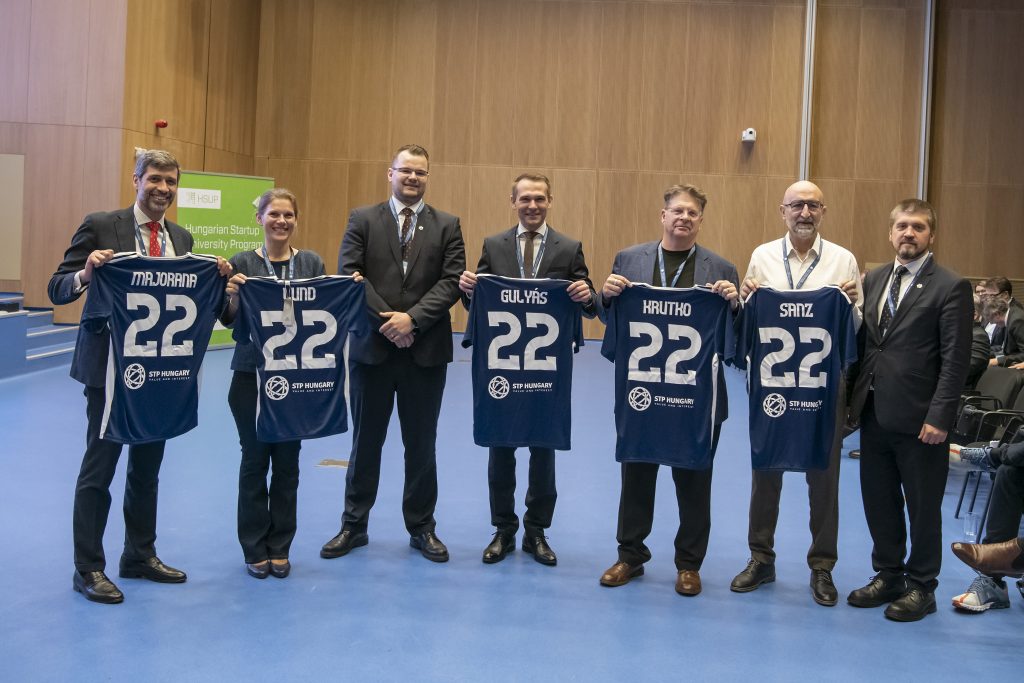
According to Tibor Gulyás, Deputy State Secretary for Innovation at the Ministry of Innovation and Technology, science, innovation and technology parks have now become key players in economic development. They have been operating in Europe's knowledge-based economies for decades, trying to fulfill their mission in different institutional and operational structures. Hungary has started building its own science park network by developing its own program.
The April 1 event covered the topic of socialization of new technologies in the innovation ecosystem in several panel discussions. The conference was patronized by Prof. Dr. László Palkovics, Minister of Innovation and Technology, and its professional partners were the Ministry of Innovation and Technology, Óbuda University, the University of Physical Education, and the Budapest and Pest County Chamber of Engineers. The majority of the presentations focused on sectors of strategic importance for Hungary, such as self-driving vehicles, e-mobility, cyber defense, and the application of dual-use technologies that are crucial for the defense industry.
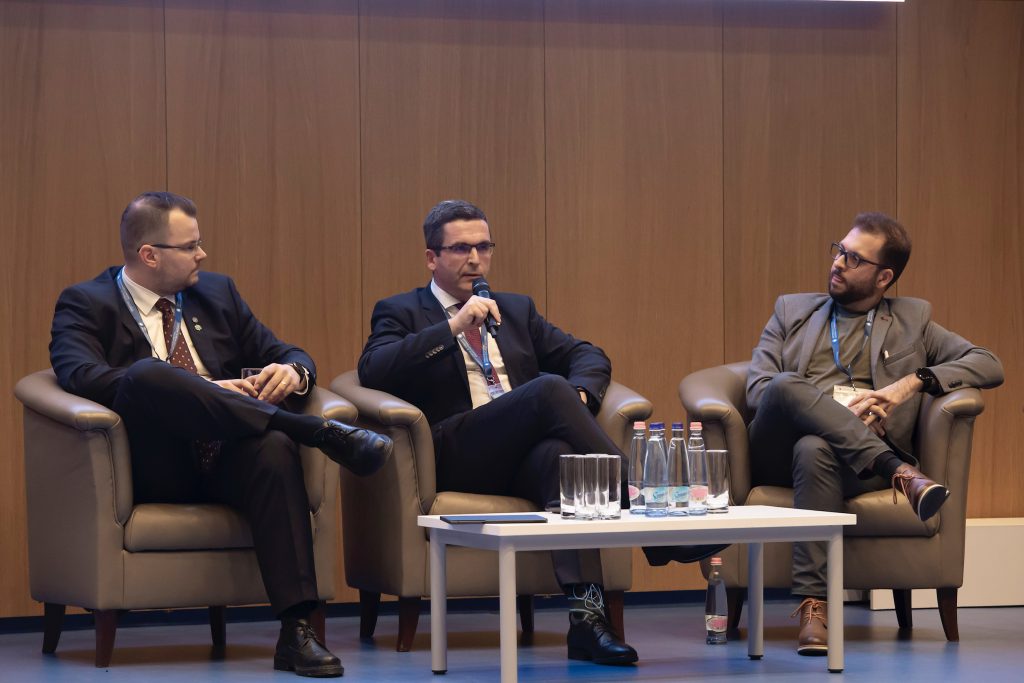
Praising the role of “science parks” in scientific life, Prof. Dr. Levente Kovács also drew attention to the fact that higher value-added activities and innovations based on basic research are becoming increasingly important at the national economic level. Óbuda University is the only Hungarian higher education institution that can establish three “science parks” in the country. In connection with the model change last August, the rector explained that the development of a university ecosystem that flexibly adapts to changes in economic life serves the interests of not only the university, but also businesses. Science parks make it possible to develop the existing knowledge base in parallel with R&D&I opportunities and industrialization. During the developments in Zsámbék, Kaposvár and Székesfehérvár, they plan to develop an ecosystem in cooperation with the local governments of the settlements in which, in addition to the university’s lecturers and students, local companies also play a significant role.
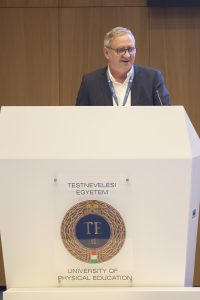 In connection with the university's development in Kaposvár, Prof. Dr. Zoltán Rajnai spoke about the importance of research and development related to special paint materials, spraying processes, metalworking, bonding technology and recycling of environmentally polluting materials, in addition to the planned smart buildings with near-zero energy requirements, equipped with high-level information and communication technology and intelligent control technology devices. In addition, the development of military-industrial technologies will also be given priority - the dean emphasized, mentioning that in this area the development of special technologies and military clothing materials, research and testing of armor-substituting materials, and digitalized support of military operations will be in the spotlight. Citing the Székesfehérvár mechatronics park as an example, he said that they are also trying to strengthen the receptivity of young people to new technical areas.
In connection with the university's development in Kaposvár, Prof. Dr. Zoltán Rajnai spoke about the importance of research and development related to special paint materials, spraying processes, metalworking, bonding technology and recycling of environmentally polluting materials, in addition to the planned smart buildings with near-zero energy requirements, equipped with high-level information and communication technology and intelligent control technology devices. In addition, the development of military-industrial technologies will also be given priority - the dean emphasized, mentioning that in this area the development of special technologies and military clothing materials, research and testing of armor-substituting materials, and digitalized support of military operations will be in the spotlight. Citing the Székesfehérvár mechatronics park as an example, he said that they are also trying to strengthen the receptivity of young people to new technical areas.
István Szászi also presented the Bosch Group's automotive development trends and spoke about the international company's university ecosystem in his presentation. Bosch Hungary cooperates with higher education institutions in many areas, one of its key partners being Óbuda University. In addition to dual training and research and development cooperation, the company has announced a professorship support and student scholarship program, and has also established so-called collaboration spaces, one of the flagships of which is currently operating at Óbuda University.
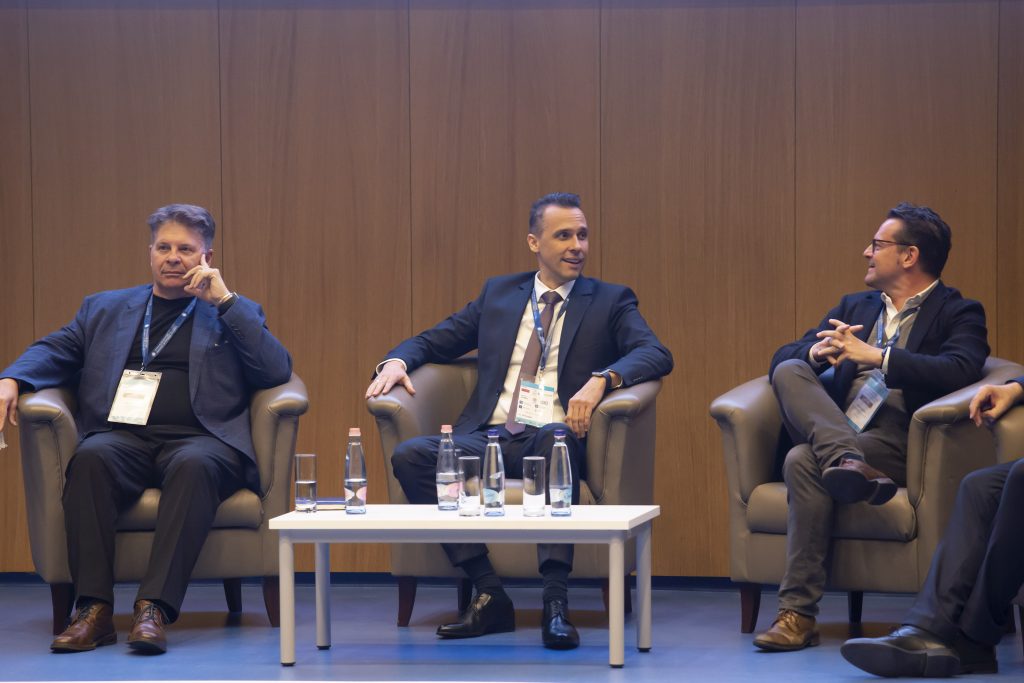
The event was represented by the University Research and Innovation Center (EKIK), the John von Neumann Faculty of Informatics (NIK) and the Donát Bánki Faculty of Mechanical and Safety Engineering (BGK).
The Bejczy Antal iRobot Technology Center (BARK) of the EKIK presented the university's students
(PlatypOUs), which aims to facilitate mobile robotics and sensor fusion education on real physical hardware. BARK also presented its surgical robotics research (surgical skill assessment, telesurgery, autonomy) on surgical phantoms and presented the results of the RoBUTCHER project. EKIK also promoted the competencies of the research centers under its umbrella.
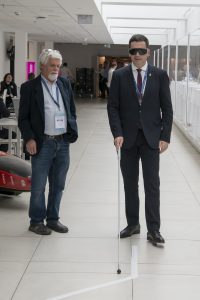
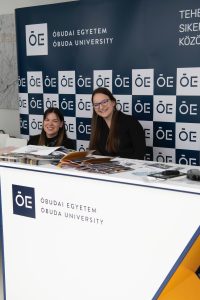
The Bánki Faculty appeared with two racing cars designed and built by students. The first vehicle was built for the Shell Eco Marathon and participated in the competition until 2015. The second car is the 2021 racing car of the PowAir Pneumobil team, with which they participated in the Emerson International Pneumobil competition and several charity events. The audience also had the opportunity to try out another development of Óbuda University, the ARIADNÉ blind cane equipped with an electric sensor, which, following a special guide strip, helps the blind and visually impaired find their way with sound signals and vibrations.
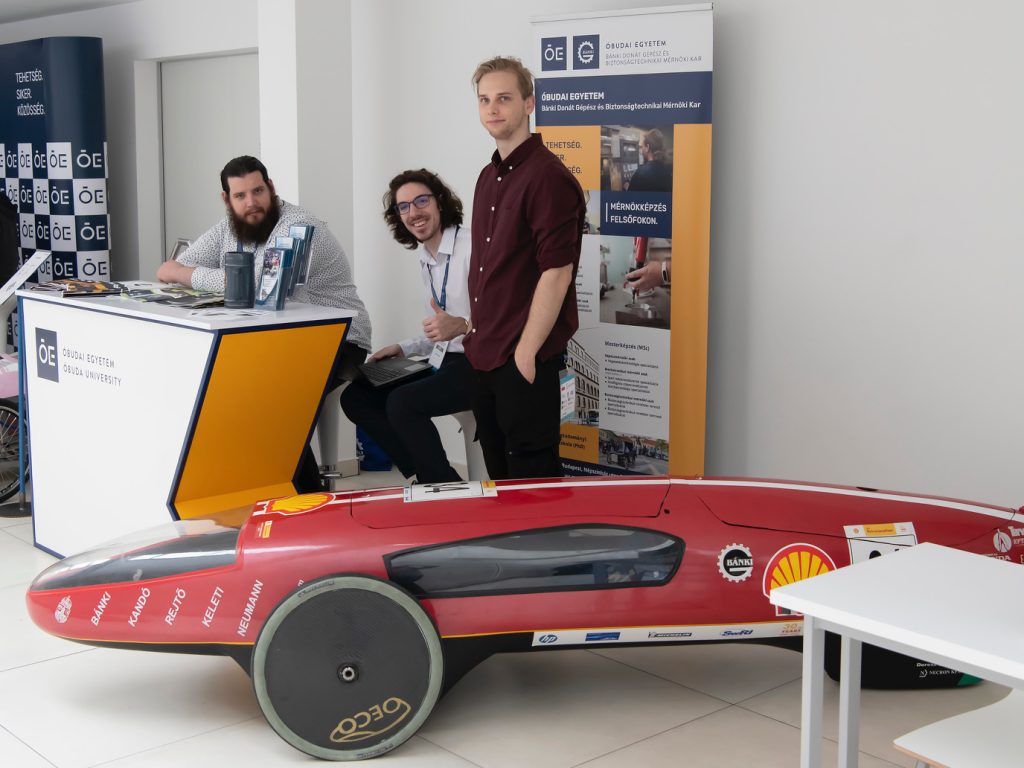
International Association of Science Parks and Innovation Sites (IASP)
The organization, founded in 1984, is the world's largest innovation network, bringing together 400 science parks and 117,000 innovative companies, with the European division representing 153 members. Óbuda University is the first Hungarian university to join IASP with its science parks.
